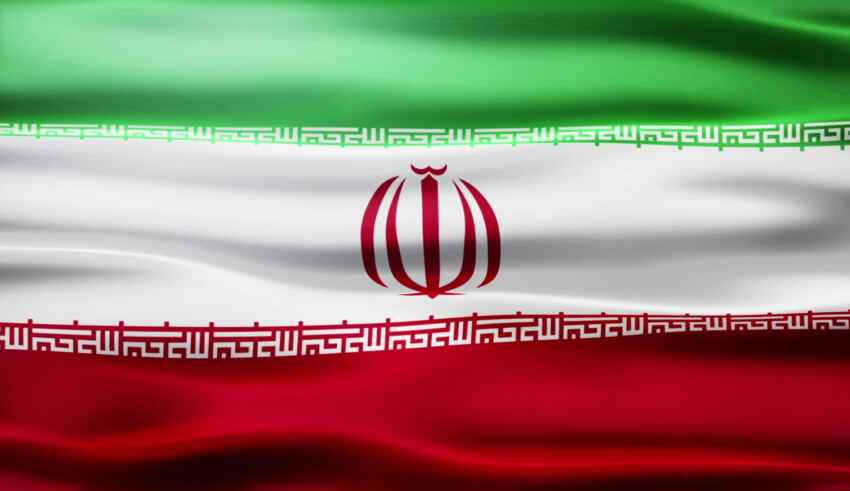
Following the current unrest in Iran, a Revolutionary Court in Tehran issued earlier this week the first death sentence to an anti-government protestor. Within the next few days, four more people were sentenced to death, all five with the charge of “enmity against God” due to their participation in the ongoing protest movement. According to judiciary chief Gholamhossein Mohseni Ejei the rioters, as the government describes the unarmed and peaceful protestors, are facing charges of “moharebeh” (enmity against God), “efsad fil-arz” (corruption on Earth) and “baghy” (armed rebellion). Under the Iran’s Sharia-based legal system, all three charges can carry death penalty. And we are only in the beginning of this crackdown. In late October, the Tehran prosecutor announced that over 1,000 indictments in connection to the recent protests were issued in the Islamic Revolutionary Court and public trials will take place soon.
The unlawfulness of proceedings against the individuals so far sentenced and the violation of their fundamental human rights are glaring. The Iranian judiciary has not made public the names of the prisoners, the place where the trials were held, and whether the accused had the opportunity to defend themselves. In addition, it is questionable whether the defendants exercised their right to legal representation and whether procedural due process was followed. A number of fair trails rights were violated, including denial of the rights to obtain access to relevant evidence, to receive a fair, public hearing before a competent, independent, and impartial tribunal, to access legal representation, to be protected from torture and other-ill-treatment and the exclusion of evidence obtained in violation of international standards. As the verdicts have been issued by the Court of First Instance, the decisions are preliminary and can be appealed.
The imposition of death penalties is a gross and continuing violation of international human rights law by the Iranian authorities. According to international law, the imposition of the death sentence on the applicant after an unfair trial violates the right to life and the absolute prohibition against torture and other cruel, inhuman, or degrading treatment or punishment. Additionally, under the International Covenant on Civil and Political Rights (ICCPR), which Iran has ratified, crimes punishable by death must be limited to “the most serious crimes”, which “must be read restrictively and appertain only to crimes of extreme gravity involving intentional killing”. However, in none of the aforementioned trials there is evidence that the offenses committed involve any allegations of intentional killing.
In addition to the weaknesses of the Iranian justice system, the flaws in the country’s law regarding the death penalty exclude any possibility of the proper administration of justice. The Iranian Islamic Penal Code of 2013 provides a death sentence for a number of offenses. The wide range of criminal acts punishable with death and the vagueness of the grounds based on which Iran imposes such punishment raise concerns that the law can be easily misused by the state to advance its political goals. Following the ongoing events in Iran and the brutal crackdown is more than evident that the government has turned the death penalty into a political tool.
The West, which was repeatedly accused by the Iranian government foment the country’s unrest, has taken a clear position against the violent crackdown of protesters. The US, the European Union, the United Kingdom, and Canada have all imposed sanctions on the State of Iran and Iranian-owned companies. In addition, earlier this month, Germany and Iceland, on behalf of 42 countries, filed a request to the United Nations Human Rights Council to initiate scrutiny over the current situation, which was pushed back by Iran.
By The European Institute for International Law and International Relations.















